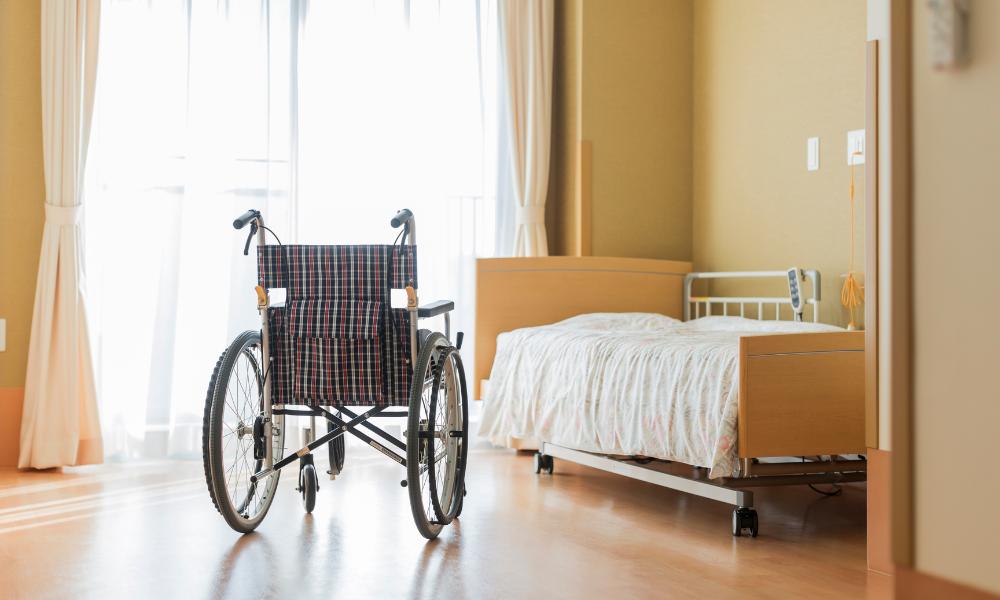Nursing home abuse is a serious issue in this country, but it is one that is often underreported. Not only is this troubling for the residents, it also makes it difficult for people who are vetting nursing homes to determine what facility they want to live in.
One estimate is that more than 25% of nursing home abuse incidents aren’t reported to the authorities. This is a direct violation of federal law, which states that all cases of nursing home abuse must be reported to the police. Anyone who has a loved one in a nursing home should always be vigilant about watching for signs of abuse and neglect.
Types of nursing home abuse and neglect
There are many types of abuse and neglect that can plague nursing home residents. These are sometimes obvious, such as when there are bruises or broken bones. In some cases, the abuse might not be as easily noticeable. This might occur when the marks are beneath the clothing or when the abuse didn’t leave any bruises at all.
Some residents suffer from emotional or verbal abuse in these nursing homes. This can cause a mental breakdown, and it might lead to worsening of dementia symptoms for those who have been diagnosed with this condition.
The signs and symptom of abuse and neglect are sometimes hard to spot because they can mimic those of mental health and medical conditions. For example, a person might be withdrawn or have trouble communicating because of Alzheimer’s disease, but these are also signs of abuse.
Know when to speak up
Because it can be difficult to know for certain what’s going on, some people might not want to speak up when they think something is amiss. Elder abuse and neglect have the potential to turn fatal, so it is imperative that anyone who thinks this is going on speaks up. It might not be necessary to be accusatory toward anyone unless you know for certain what’s going on.
Be sure to look for patterns of behavior, such as if the same issues always come up when the same caregivers are present. Keeping track of this might be beneficial and help you to get to the bottom of the situation. If you do find that there is abuse present, taking legal action might be in order. This may include having your loved one seek compensation for the damages they’re facing.

